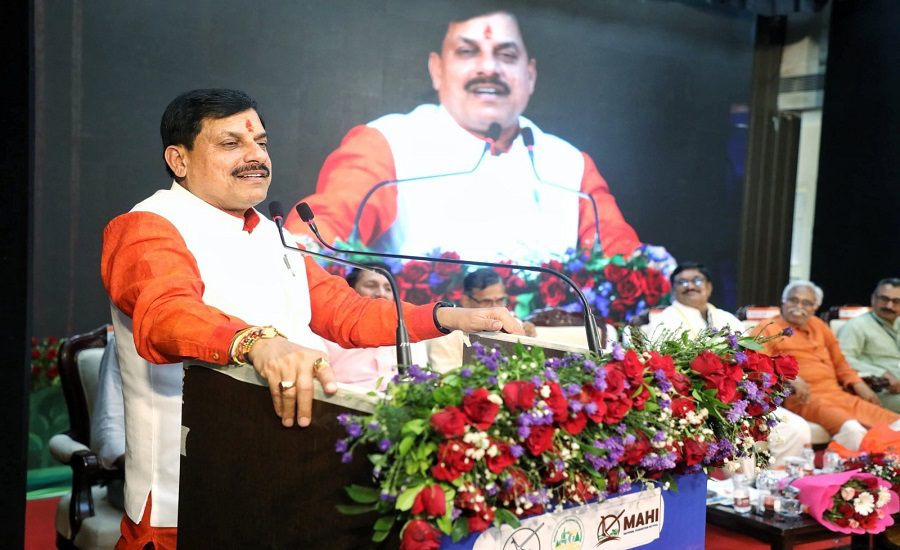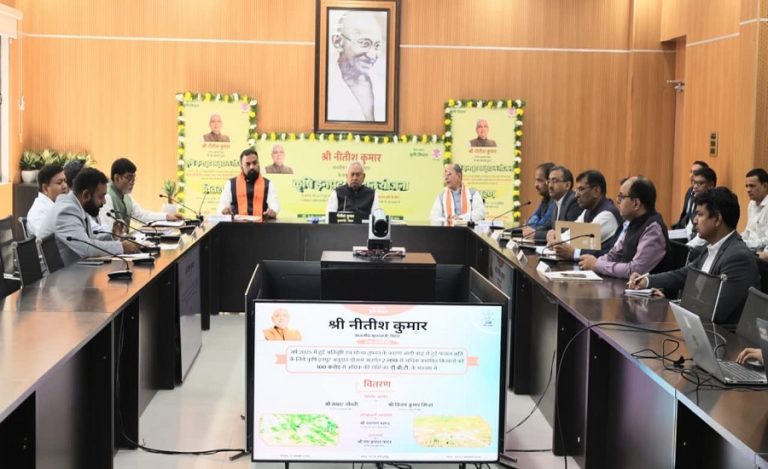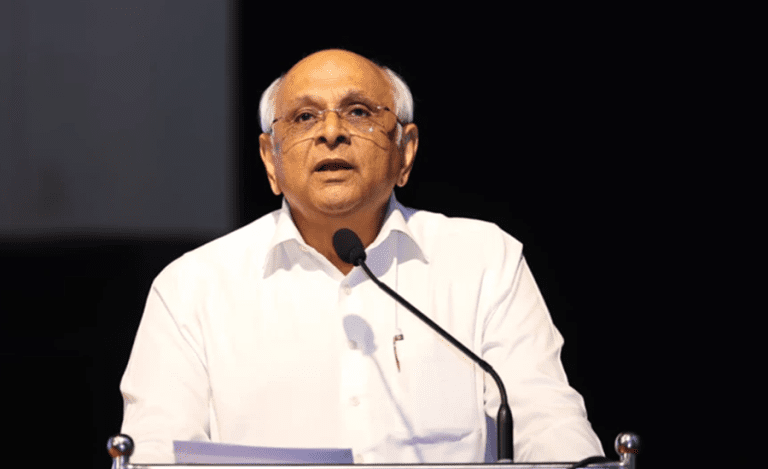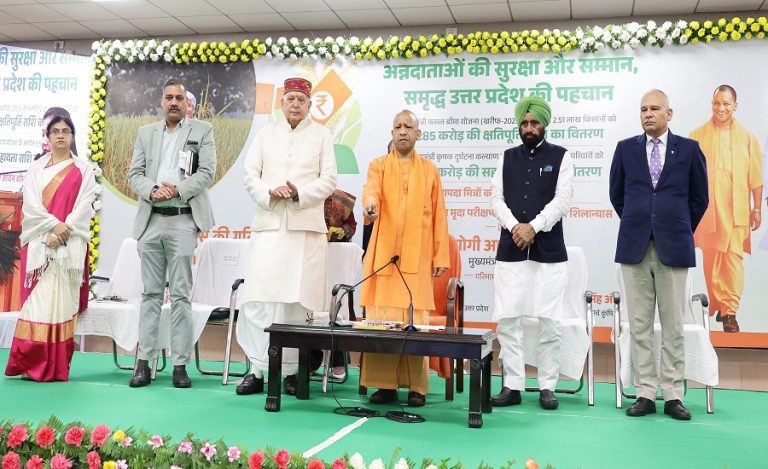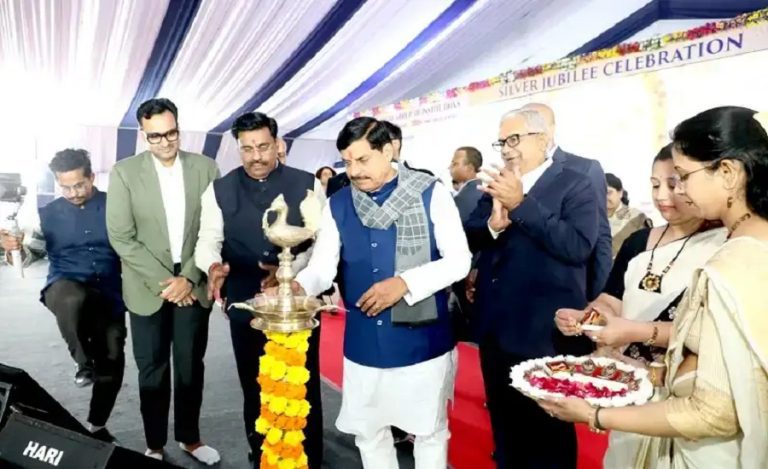Bhopal: Chief Minister Dr. Mohan Yadav will directly transfer ₹175 crore to the bank accounts of beneficiaries under the Sambal Scheme on September 9 at the Secretariat, Bhopal. The assistance will benefit 7,953 cases of Anugrah Sahyog (grievance assistance). Panchayat, Rural Development and Labour Minister Prahlad Singh Patel will also be present during the event.
Sambal Scheme: A Lifeline for Unorganized Workers
Since its inception, the Sambal Scheme has provided benefits in 7,60,866 cases, disbursing over ₹7,046 crore to workers in the unorganized sector. The scheme is designed to support unorganized workers and their families in times of need.
Under Anugrah Sahyog, beneficiaries receive:
- ₹4 lakh for accidental death
- ₹2 lakh for natural death
- ₹2 lakh for permanent disability
- ₹1 lakh for partial permanent disability
- ₹5,000 for funeral assistance
Additionally, female workers are entitled to ₹16,000 maternity assistance, and children of workers receive full tuition coverage under the Higher Education Incentive Scheme for college education.
Inclusion of Gig and Platform Workers
Following the initiative by the NITI Aayog, gig and platform workers in the state have now been enrolled under the Sambal Scheme, granting them all the benefits of the program. Registered beneficiaries also receive ration cards to access subsidized food from central and state government schemes.
Support for Construction Workers
The state government also operates various schemes through the Construction Workers’ Board, providing assistance for accidental or natural deaths, permanent or partial disabilities, and healthcare benefits. All Sambal beneficiaries are enrolled under the Ayushman Bharat Niramyay Yojana, receiving up to ₹5 lakh per year in free medical treatment.
Mass Enrollment and Ongoing Registration
To date, more than 1.77 crore workers have been registered under the Sambal Scheme, with the registration process ongoing to extend benefits to more unorganized workers in Madhya Pradesh.
Read also: MP CM Mohan Yadav Emphasizes Making Gaushalas Self-Reliant to Boost Economy and Dairy Production

